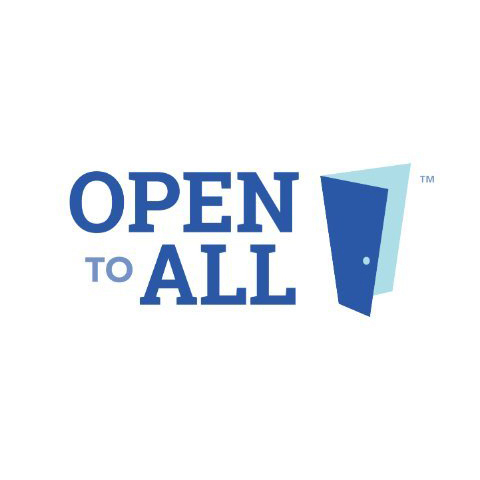Women and families have suffered crisis after crisis in the aftermath of the COVID-19 pandemic. From quarantining to helping a family member after the closure of care facilities, many workers experienced an uptick in their caregiving obligations. As a result, a record number of women fled the workforce after finding that the expectations of their careers were incompatible with their rising demands at home.
In the three years since the onset of the pandemic, women have gradually recovered from such job losses. Yet, positions in essential areas, including childcare and healthcare, have not yet restored their employment levels. These occupations are not only disproportionately held by women, but their services also allow women and caregivers to pursue other careers.
Vasu Reddy, Senior Policy Counsel for Economic Justice at the National Partnership for Women & Families, recently briefed Open to All Corporate Partners on the National Partnership’s latest report, entitled “Partnership in Action: A Guide to Building Gender Equity in the Workplace.” The guide serves as an introduction to the policies and benefits companies can implement to help women, especially women of color, return to the workforce. The National Partnership put together these recommendations using their policy expertise, copious amounts of research, and direct conversations with the workers discussed in this report.
While the media frequently focuses on gender equity in the workplace through the lens of white-collar professionals, the National Partnership’s report focuses on low-wage, part-time, and hourly workers. Women, particularly women of color, are overrepresented in these roles, with many serving as both the primary breadwinner and caregiver of their family. Even prior to the pandemic, these women often lacked adequate workplace protections and benefits to remain economically secure.
While public policy advocacy is necessary, it’s far from enough. Businesses, workers, and governments must recognize the desperate need for change. Employers can play a key role in eradicating disparities and advancing workplace policies. While political campaigning can take years to effect change, employers have the power to make immediate improvements in people’s lives.
Continue reading and learn more about “Partnership in Action: A Guide to Building Gender Equity in the Workplace” at Open To All’s Medium post.


